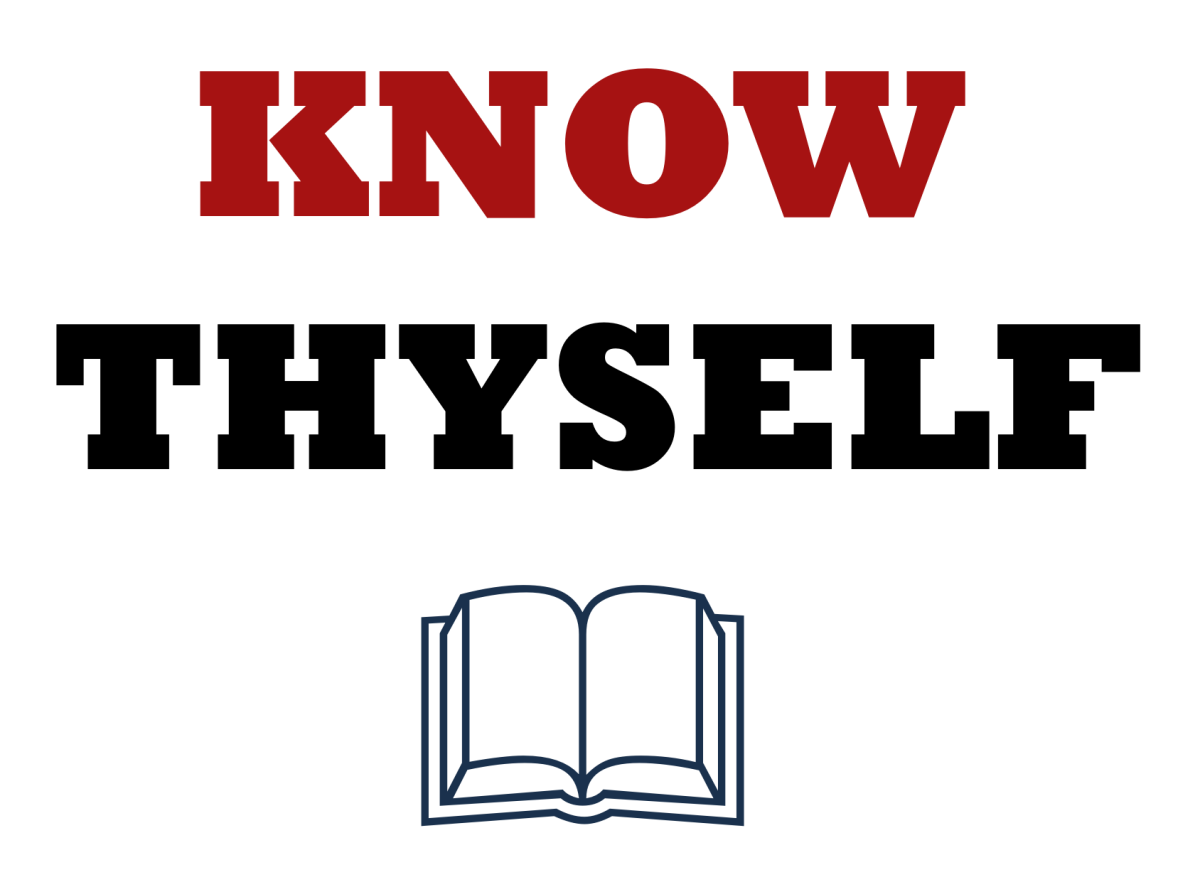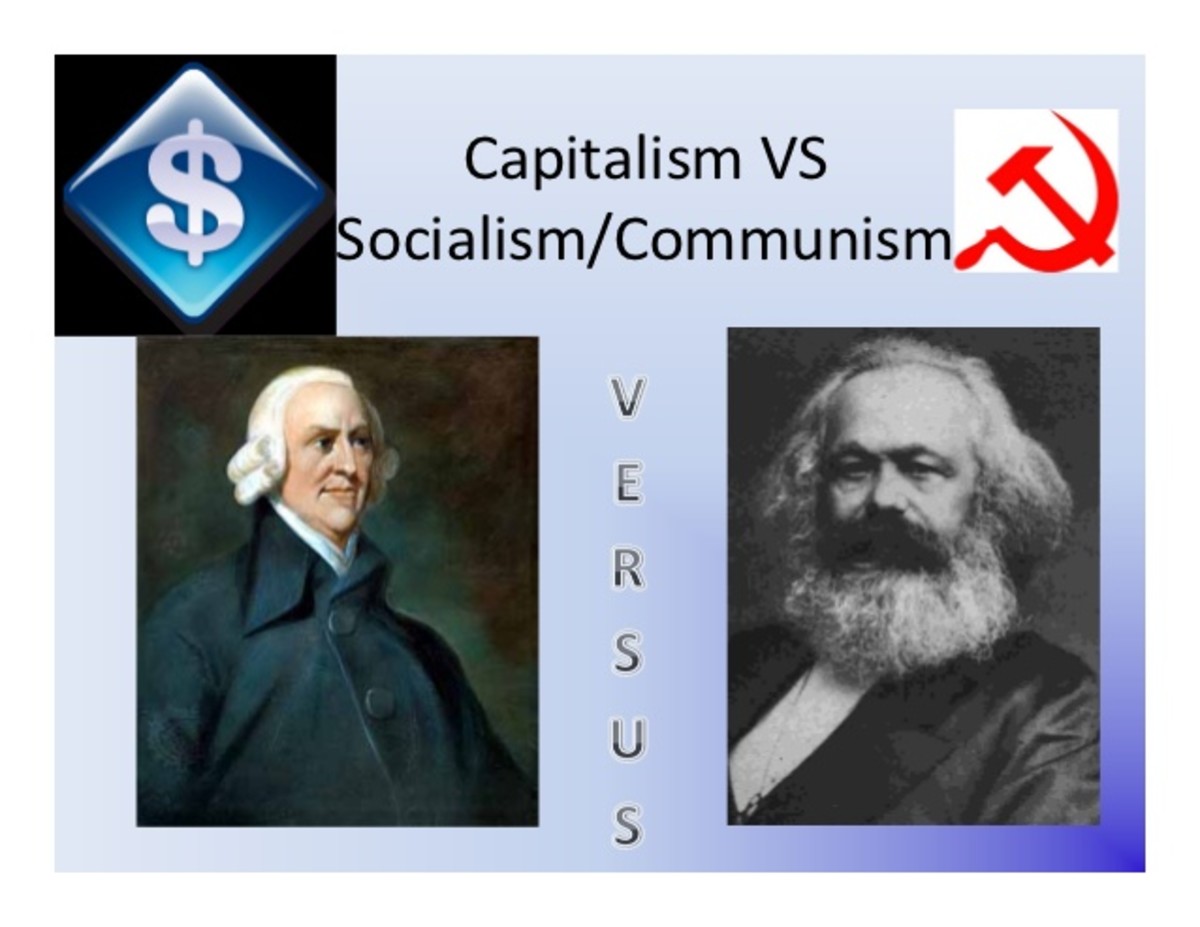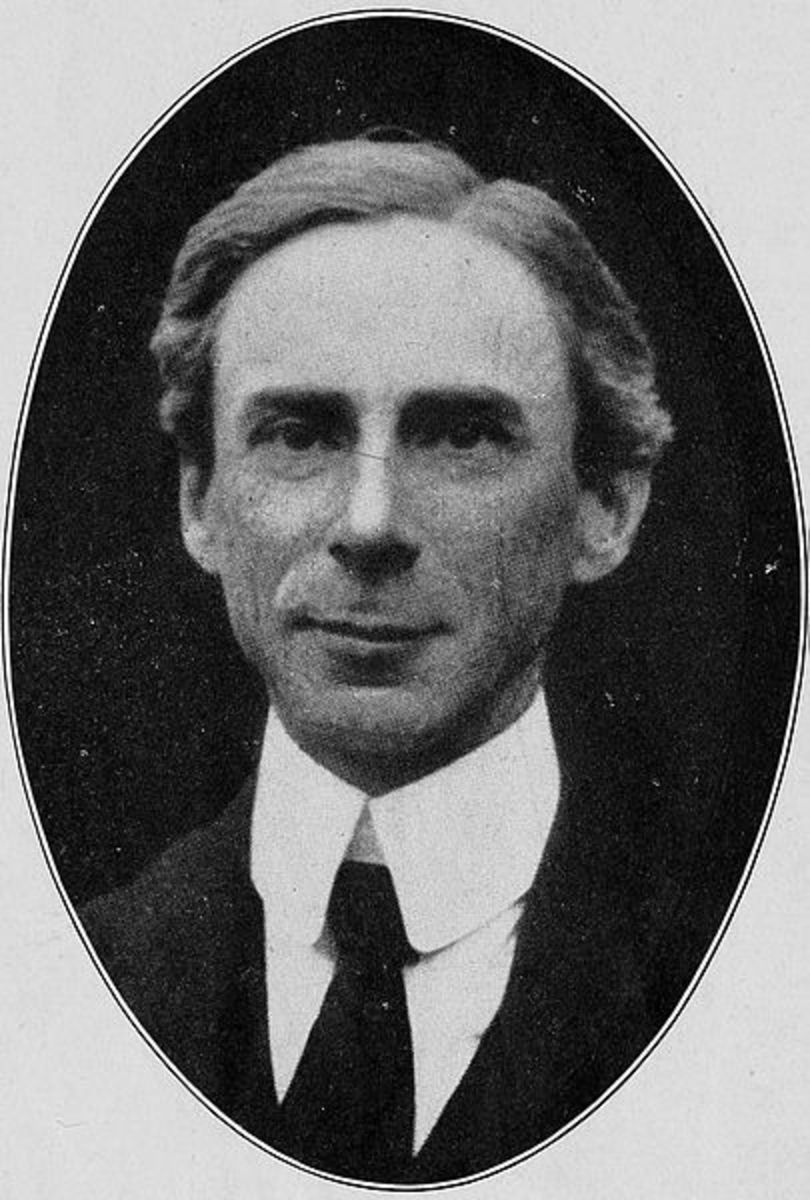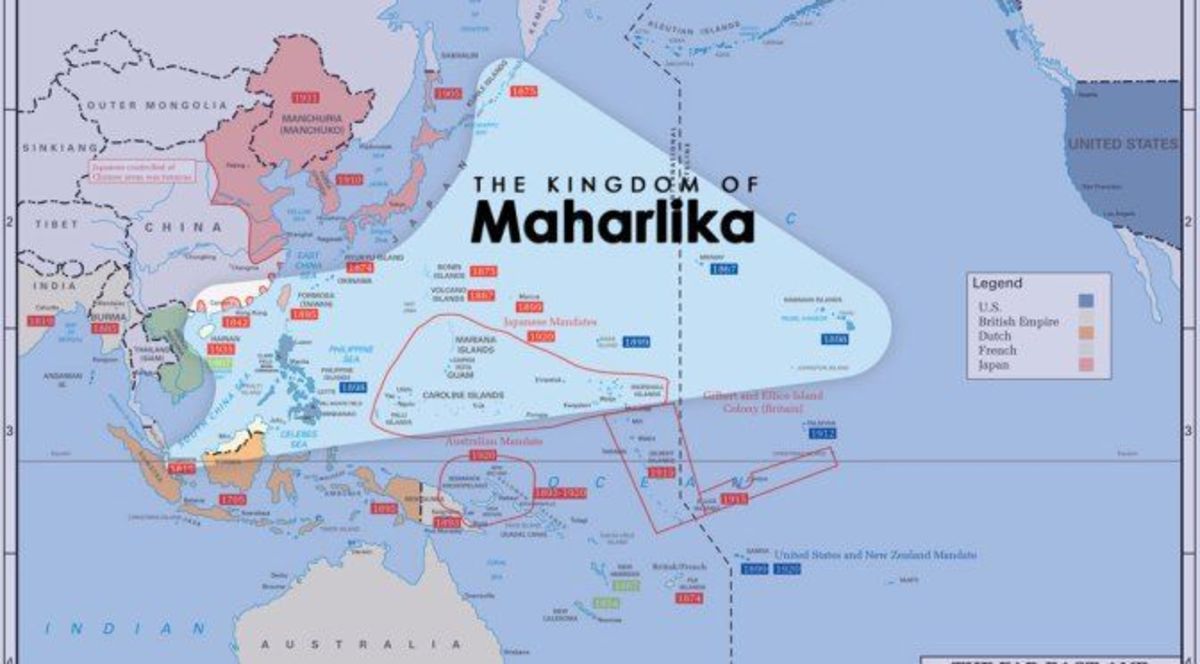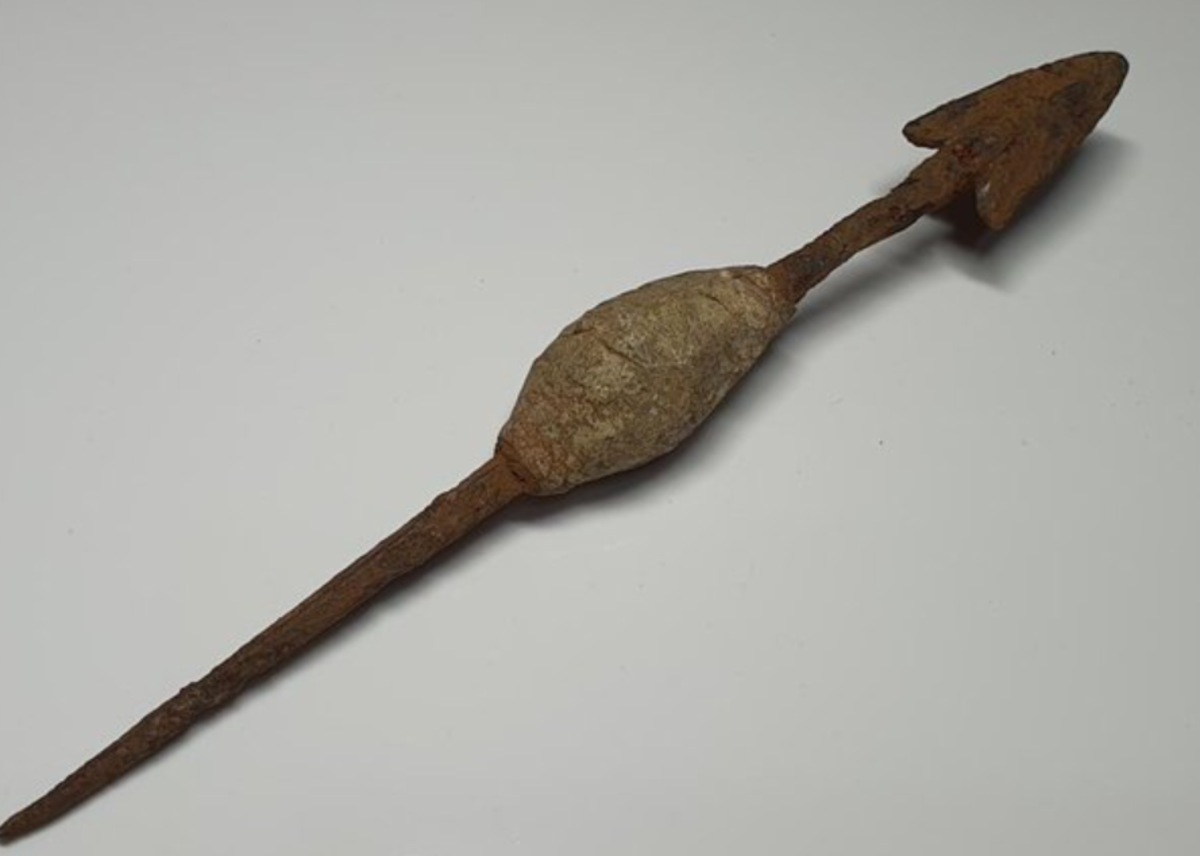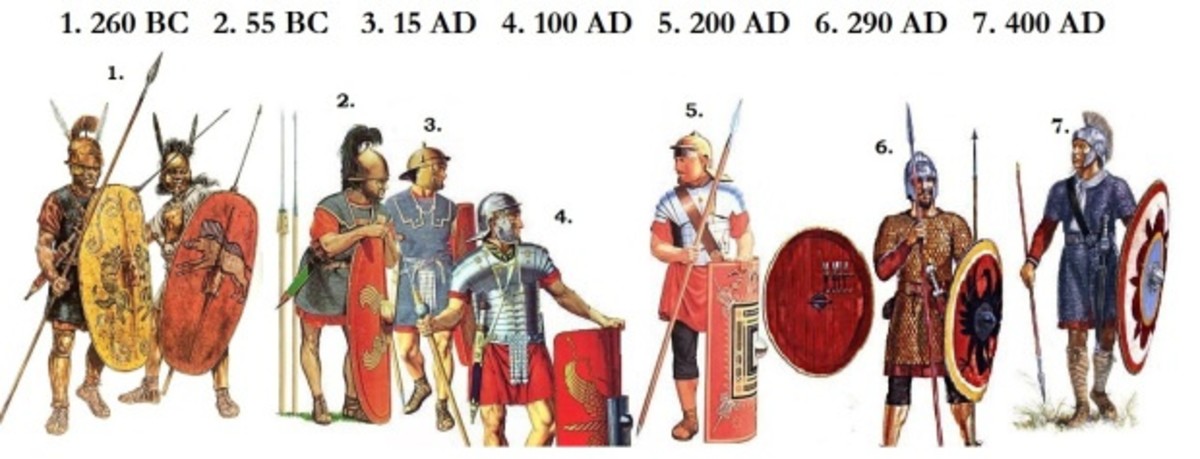The Federation of Russia: A Philosophical Force in an ever changing world
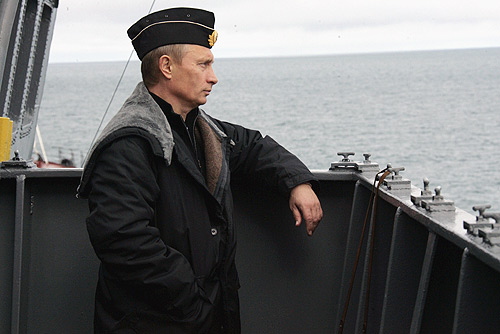
Russia: A Modern Philosophical Introduction
From the borders of the Eastern Ukraine to the outskirts of Western Alaska, Russia is a Federation of territories that swear their alliance in return for the Russian Shadow, as one would say. This would come in the form of security from unlawful assemblies, healthcare that attempts to cover every civilian, and the philosophical views of communism's earliest father, Boris Chicherin. In a sense, Boris himself functioned under western influence, citing his theories in recollection of Hegelian Dialectics, or the stages: Thesis, Anti-Thesis, and a Synthesis all correlating into the big idea of what a civilization was currently in true drive towards (Communism over Mercantilism in terms of the Russian Federation).
Communism, as opposed to western thought and dictation, have actually suppressed such enlightened thinkers as Benjamin Franklin, Voltaire, Rossaeu, even Issac Newton in a sense of political thinking but adopted his gravitational theories as fact in early Russian idealist thinking. These suppression's were done to place others in political light, those of communistic appeals about them, thinkers such as George Plekhanov, a man who believed that Agrarian Russia under Lenin needed to have facets of autocracy with features of Capitalism throughout. George's thinking all stemmed back to one man however, Karl Marx and his fight for the people's freedom to do as they wish without major government influence. In this fight, major philosophies Marxism demonstrated that facets of equal protection and equal workload to maintain a working mode of production within society.
The Thoughts of Adam Smith Vs. Karl Marx
Russia, in the earliest of it's industrial revolution, had some very radical thoughts, brought about by Karl Marx and his form of socialism. In order to understand Karl Marx, one may need to place a interest on the book "The Wealth of Nations" by Adam Smith, a firm believer in capitalism. The difference between Adam Smith's western view of capitalism vs. Karl Marx is very large supply and demand in which Adams views of capitalism, or Laissez-Faire economics, or that a government should leave an individual alone. Karl Marx, on the other hand, thought that throughout society, humankind has had caste, or social classes that were permanent, or once always poor, stayed poor. In this model, Karl Marx, wished to distribute wealth in accordance with socialist ways, as a capitalistic approach would cause social caste widening that resulted in revolt. In this way, Karl Marx wished to restore equality, freedom of money, and a shared profits, causing complete equality though the true power of the people.
In this regard, Karl Marx's work was widely distributed among the Civilians and Regional governors of the current Russian Federation, allowing for their views to be swayed in the form of people's choice over government dictation. Most thought that Karl Marx was wrong, in that he thought democratic widening of social status would be overwhelming, however the Russian homestead has been ever-increasing in wealth and nationalistic fervor. In the preferment of Adam Smith and the Democratic solution, it would be plausible to say that either could work, In a time of uneasy economic fog for the western countries, it would seem that the people matter more in extreme conditions than the resemblance of mercantilism and dictations of the overhanging facade of business. After solidifying the cultural advances of eastern orthodox beliefs coupled with nationalistic views of a people's voice, the manifestos of various socialistic philosophers have become a staple in Russian society.
A Viking Lineage and it's staple in Russian Society
The Russian people, their stark stance to the power of the people, has been found in the history books dating back to 850 C.E. Scandinavians, the people of the north that the European countries were absolutely terrified of, came to be known as vikings to most. After Scandinavia became known as pacifiers of the countries they settled in, people began to be taxed by the armed traders filling the regions around now Modern day Russia. It was within this military and economic migration that a group of what were known as the Scandinavian Rus were formed. The people back in the early 900 C.E allowed the Rus to hold trading centers around which major towns were build, Kiev being the most popular. Trading was done in the form of the Islamic war tribes of the time, from gold to silver, but the fighting was fierce to accomplish this.
The Scandinavians requested help from the Byzantine Empire during times of protection from raiders that would attack traders of sorts coming back from the Islamic world to Rus Land. The Byzantine Empire referred to the Scandinavian Rus as the Varangian Guard, or eastern companies looking to gain a secure trading environment. The Old Norse word for Var means an oath taken by two tribes of the Vikings when traveling eastward for the silk road, from protection to economic stability. It was said that Oleg, a Rus leader that took the throne in both Novgorad and Kiev, attempted and succeeded in attacking Byzantium, but there is no primary document that supports this, only shorty stories and mythologies surrounding a Constantinople attack. After now looking at the Modern Federation of Russia, along with their quick maritime and ground tactics in such events as the Annexation of Crimea, from espionage to Military readiness.
The Greek Philosopher Plato and the Russian Philosophy
Plato, a Greek philosopher trained under the great Socrates, the father of Philosophy and Physiology, had great attributes that were to come to the modern world. Plato, like most free thinkers, had a choice, to base his opinions based on the morals of the individual or the people as a whole. To bring Russia and it's socialistic thinkers and philosophers into the picture, I could name a few that truly show Plato and his affect on the principles of inequality and Plato's Utopia. Here is a small list below of just some of the philosophers within Russian standard that portray his view:
- Leo Tolstoi
- Nickolai Berdiaev
- Vladimir Lenin
- Karl Marx
- Wilhelm Hegel
- Vladimir Putin
This would co-relate to the poetry and theology, philosophy and ideology within his view of a perfect civilization within correspondence and symmetry within one's soul and politics. Any city will never be free of any conflict until Plato's famous depiction of a philosopher king/s, men that truly had the morals of the people in their hearts. In Plato's republic, it has been common to call him a facist, a man of totalitarian cause, but in reality, without a enemy, kings of philosophical greatness could in fact move a society without parallel. In Russia, the thought of classlessness, of an army of labor, to produce maximum economic surplus without the thoughts of individualism. The Politeia, or Plato's Republic and regime, truly pursued a philosophy of ever-progressing intellectual thinking, to place people's thoughts in the hands of the regime rather than themselves and personalized property.
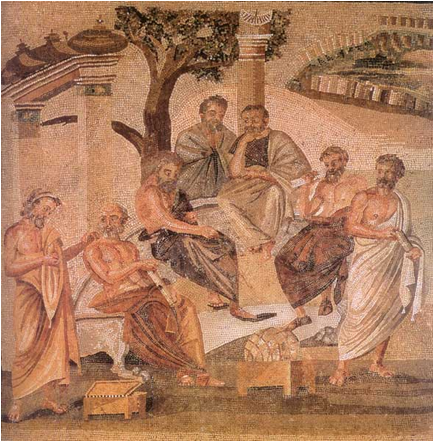
So what is the Conclusion to all this philosophy?
Russia, with its basis for a far-reaching socialistic way of thinking, has gone in both directions, from prosperity and a general sense of well-being to being scared for one's life. In a time of economic instability around the world, a time of terrorism at it's highest peak, the Federation has found that Communism and the main features of a generalized western concept of social morals is for the people, but through totalitarian regime or government. This is to also say that the culture of the Russians are very forward standing, that functions of intellectual thought through true sociological freedom while looking through Plato's glass of Politeia. In the end, human greed and a levy for power will always cause someone, somewhere, to strike out on innocent people, whereas the world as a whole will stand up to fight for their morals and what is truly worth fighting for.
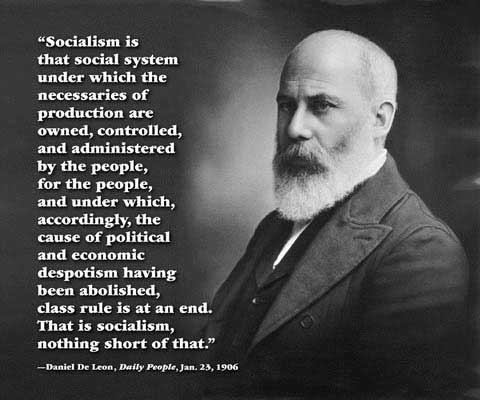
If you enjoyed this article, please feel free to check a few more out below:
- Socialism VS. Capitalism in Philosophy
An article based on political philosophy and the difference between capitalism and socialism. This is examined with a sense of end results in a more directional One World Government and how it would be structured. - Technocracy: A New Society
What is Technocracy, and how will it shape the future of the world? This Article helps to explain its use in an ever changing world and how we as humans can exist peacefully with machines in a centralized computer consciousness. - Selflessness: A True Beginning to Society and Culture
What exactly is Selflessness, and can it truly be reached in a lifetime? This article helps to explain the various notions behind this concept from the individual level onto the sociological aspects of culture and how it relates to Selflessness. - How to Survive a Collapse of Civilization and Social Order
Will you know what to do when society collapses and civil disorder reigns? Find out how to survive a collapse of civilization and social disorder.

